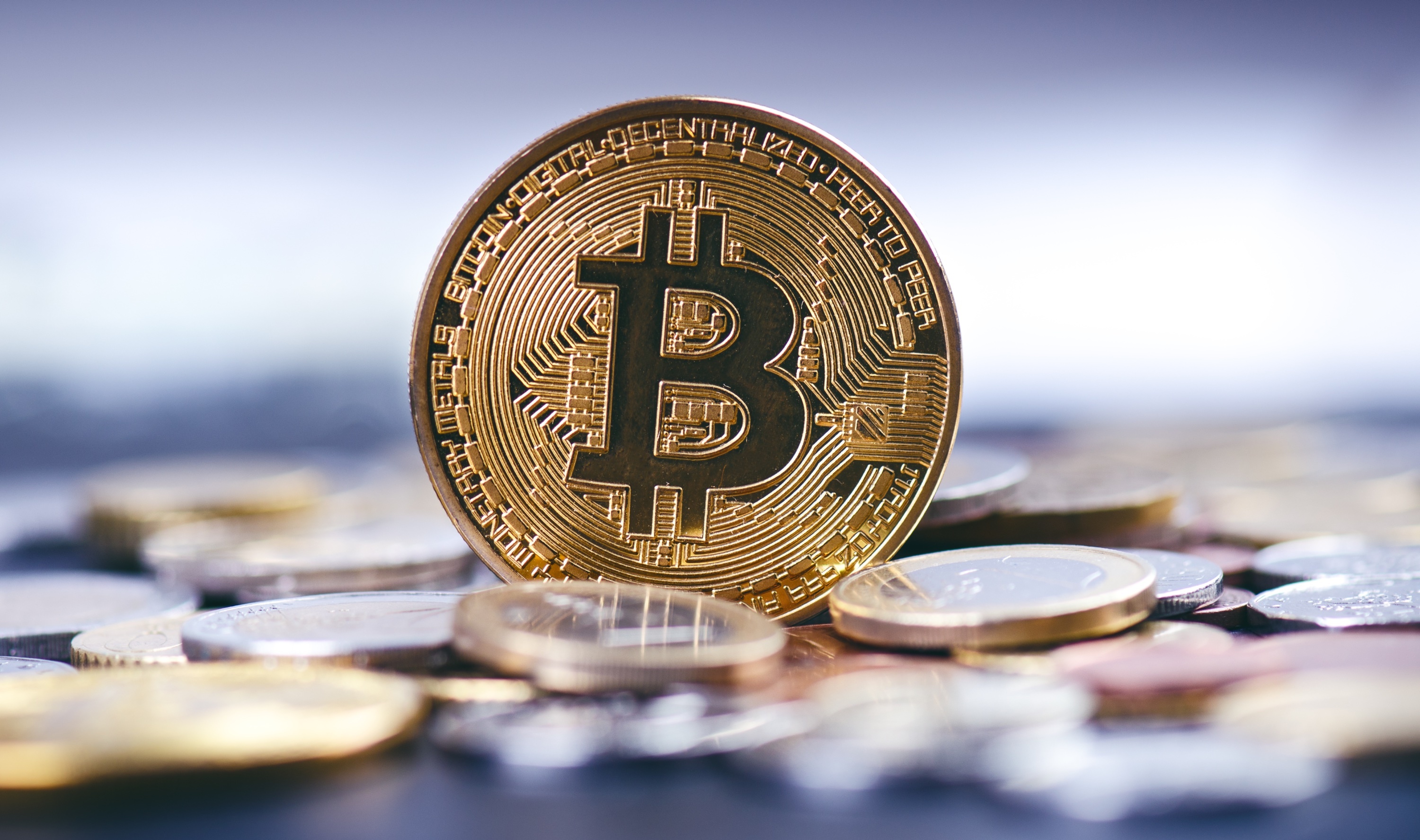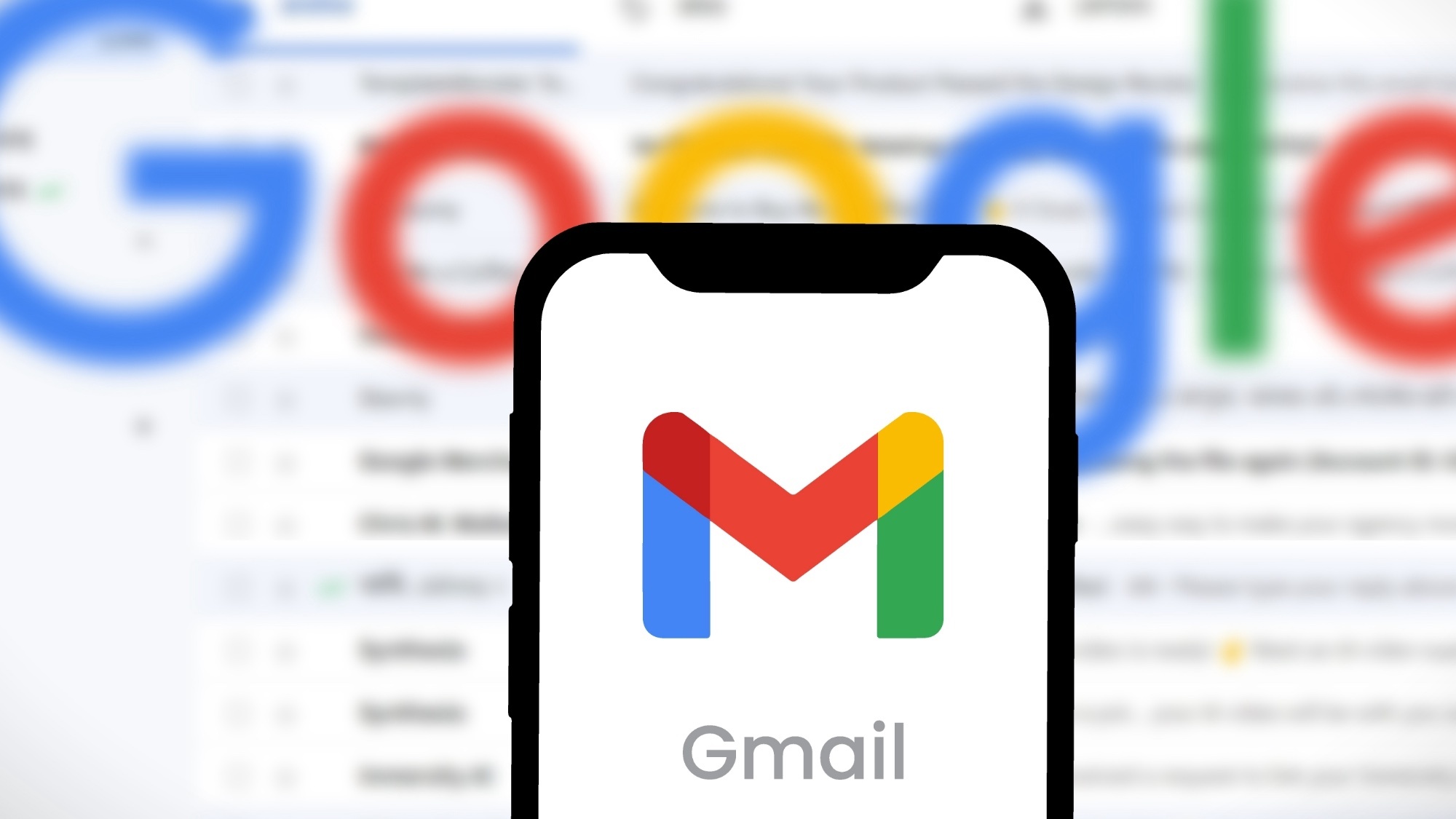Should you pay for a VPN with cryptocurrency?
A better way to pay?

VPNs are all about privacy and security. However, many people believe that even the best VPNs have a weak link – the method of payment. Giving a company your payment details can be counterintuitive to the whole ethos of anonymity, after all.
If you're worried about this, well, what are the alternatives? While Proton VPN offers the option to send cash (remember cash?) in an envelope, it's more common to see top providers give users the chance to pay directly with Bitcoin (BTC).
A spokesperson for NordVPN explains this practice: "We aim to provide our customers with as many ways to purchase our service as possible... Cryptocurrency is often used by privacy and security-conscious people so we want to cater to their needs as well."
But should you seriously consider it?
The perks of paying with Bitcoin

The most obvious advantage of paying for a VPN (and the reason providers offer it) is improved privacy. Paying with cryptocurrency ensures that you don't have to disclose your private financial information. Plus, because of its blockchain-based nature, it's also harder to trace the payment – you don't even need a bank account.
If you live in a country where VPNs are banned, paying with crypto could be essential to staying safe online, and it's harder for invasive governments to block a Bitcoin payment than traditional currency.
On top of this, if you never hand over your private details, you're never at risk of hacks and data breaches that target your VPN provider.
The downsides of paying with Bitcoin
The biggest concern for many people is the environmental impact of Bitcoin. The cryptocurrency industry produces massive environmental waste through both Bitcoin mining and storage. Aside from that, there are additional faults.
Many leading VPN providers offer a 30-day money-back guarantee (or similar) that allows you to take the service for a test drive before committing to a long-term subscription. If you paid for your plan with Bitcoin, however, this could prove difficult to action. Bitcoin transactions are, by their nature, irreversible, so you'll have to specifically get the company to send a separate transfer to you for the same value if you decide to cancel. This isn't a massive issue for bigger names in the VPN spheres, but some of the more sketchy providers might not be so forthcoming.
Bitcoin's value also fluctuates pretty often. What looks like a great deal when you sign up might be vastly more than the cash value in a few months. It's risky, but that's crypto in general.
So, should I pay with crypto?
If you care about the environment then the simple answer is no. But if your number one concern is privacy, or if your country has harsh VPN restrictions, then it's definitely worth considering.
Having said that, the most secure VPNs don't log your information anyway. As David Peterson, General Manager of Proton VPN explains:
"We offer anonymous payment options to reassure people of our privacy commitments, but Proton VPN operates a strict no-logs policy, so we don't keep any records of anyone's online activity. This means that people can be confident that their online activity is private and secure, no matter what payment option they choose."
Realistically it's probably more important you choose the right provider rather than stress too much about payment method.
Andy is a freelance writer with a passion for streaming and VPNs. Based in the U.K., he originally cut his teeth at Tom's Guide as a Trainee Writer before moving to cover all things tech and streaming at T3. Outside of work, his passions are movies, football (soccer) and Formula 1. He is also something of an amateur screenwriter having studied creative writing at university.
